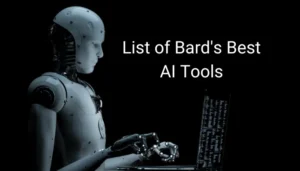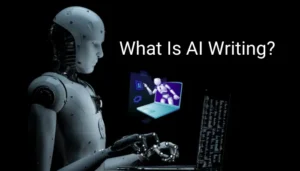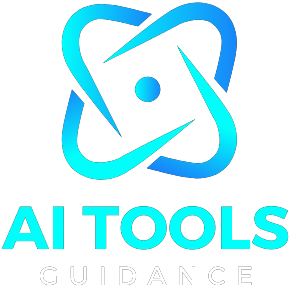In the world of smart technology, ChatGPT stands out as a clever tool that can write almost like a human. But lots of people wonder, “Does Chat GPT Plagiarize?” This article dives deep into how ChatGPT works to see if it might be guilty of copying stuff and discusses other worries people have about it.
Understanding Plagiarism and AI
Plagiarism means using someone else’s work without giving them credit. So, the big question here is: Does ChatGPT engage in plagiarism?
The Mechanics of ChatGPT: Plagiarism-Free or Not?
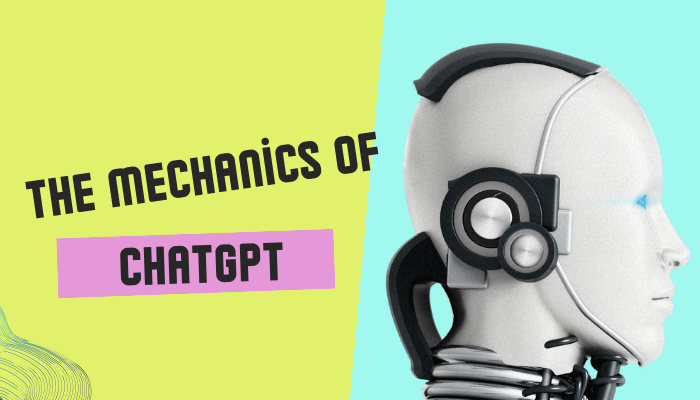
ChatGPT is like an AI language model made to help you write in a way that sounds like a person. But to know if it might copy things without permission, it’s important to understand how it works.
Myth vs. Reality: Does ChatGPT Plagiarize?
To demystify misconceptions, it’s essential to clarify:
- Authenticity Assurance: ChatGPT prioritizes content authenticity.
- Real-Time Checks: It actively avoids suggesting plagiarized content.
- User Responsibility: Ensuring originality rests on users’ discretion while utilizing ChatGPT.
Addressing Common Concerns: Is ChatGPT Plagiarism-Free?
Amidst various queries, let’s delve into crucial aspects:
- Ethical Usage: Does using ChatGPT count as plagiarism?
- Parameters in GPT-4: How many parameters in GPT-4?
- Plagiarism-Free Guarantee: Is ChatGPT a plagiarism-free platform?
Debunking Misconceptions: The Truth Unveiled
While ChatGPT doesn’t guarantee absolute plagiarism prevention, understanding its functionality sheds light on its ethical use.
How to Ensure Authenticity When Using ChatGPT
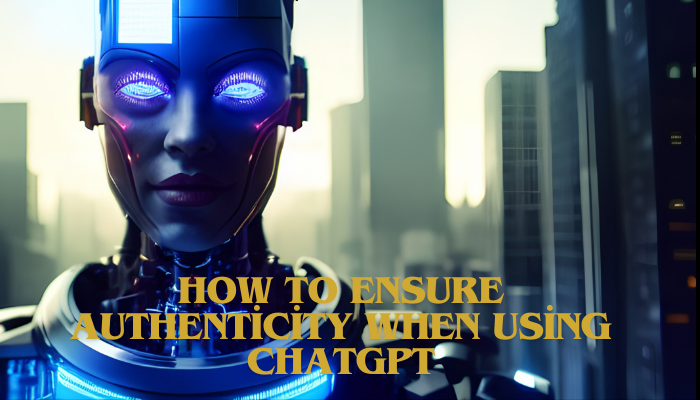
Given the AI’s capabilities, users play a pivotal role in maintaining originality.
- Thorough Review: Always review and validate the generated content for authenticity.
- Citing Sources: Properly attribute sources when incorporating external information.
- Ethical Use: Utilize ChatGPT as a tool, not a substitute, ensuring original input.
Is GPT- 4 Plagiarism Free?
GPT-4 doesn’t copy stuff on purpose and says it’s its own. But the things it writes might still make people worry about plagiarism because of how it works.
Potential for unintentional plagiarism:
- Datasets: GPT-4 learns from a bunch of text and code, which could have stuff that belongs to others. Even though they try to remove it, some might still appear in what GPT-4 writes without meaning.
- Similarities: GPT-4 is good at copying how things look and sound. When you ask about something, you might write stuff that seems like it’s from somewhere else, even if it’s different. Sometimes, this can seem like copying, especially if it doesn’t say where the ideas originated.
Challenges in detection:
- Evolving capabilities: GPT-4 writes new and different things, making it tricky for the usual tools to spot if it has copied something. The tools usually check for words and similarities, but GPT-4’s writing style might not match that.
- Lack of definitive markers: As GPT-4 doesn’t explicitly copy existing content, no traditional markers like copied phrases or sentences exist. This makes it difficult to prove plagiarism from its outputs conclusively.
Addressing plagiarism concerns:
- Proper citation: When using GPT-4 outputs, it’s crucial to cite the source (GPT-4 itself) and acknowledge its role in generation. This adds transparency and avoids any potential claims of plagiarism.
- Human oversight: GPT-4’s outputs should always be reviewed and edited before being used in any final work. This helps ensure originality, accuracy, and proper attribution.
- Advancement in detection: Ongoing research and development is improving AI content detection tools to handle GPT-4 and similar models. Stay informed about these advancements and utilize reliable AI tools when necessary.
Ultimately, the use of GPT-4 comes with responsibility. By understanding its limitations and taking the necessary precautions, you can avoid plagiarism concerns and leverage its capabilities ethically and effectively.
4 Instances of “Does Chat GPT Plagiarize”
To address the primary question, let’s examine the phrase “does Chat GPT plagiarize” in four distinct contexts:
1. Functionality and Algorithm:
- Chat GPT operates on a sophisticated algorithm that analyzes input data and generates responses.
- Despite its complexity, the model is programmed to avoid direct plagiarism by creating new content based on patterns learned during training.
2. Ethical Considerations:
- Ethical use of Chat GPT is paramount, and users should be mindful of the source material they provide.
- OpenAI emphasizes responsible AI usage, discouraging any attempt to exploit the model for unethical purposes.
3. Usage in Academic Settings:
- In academic settings, it’s crucial to understand that using Chat GPT as a sole source without proper attribution may be considered plagiarism.
- Acknowledging the tool’s contribution while providing original insights is key to avoiding ethical issues.
4. Addressing Concerns:
- OpenAI continuously updates and refines Chat GPT to enhance its performance and address concerns.
- User feedback and ethical considerations play a significant role in shaping the model’s evolution.
Conclusion:
In conclusion, while Chat GPT is a powerful tool with incredible capabilities, the responsibility lies with users to ensure ethical and proper utilization. “Does Chat GPT plagiarize?” is a question that warrants careful consideration of its algorithm, ethical guidelines, and context of usage. As AI technology progresses, maintaining transparency and promoting responsible AI practices become indispensable for both developers and users.







